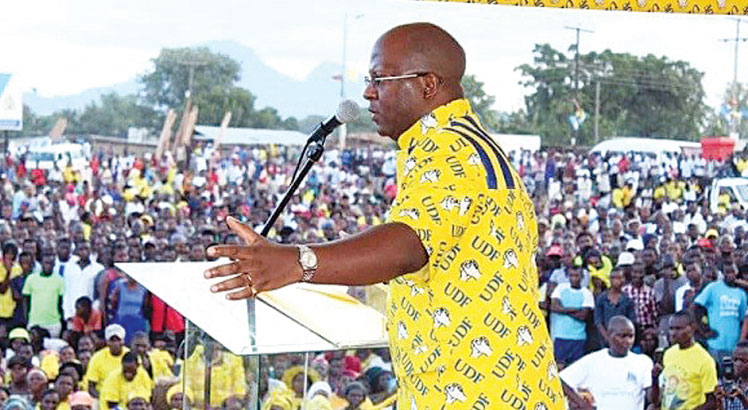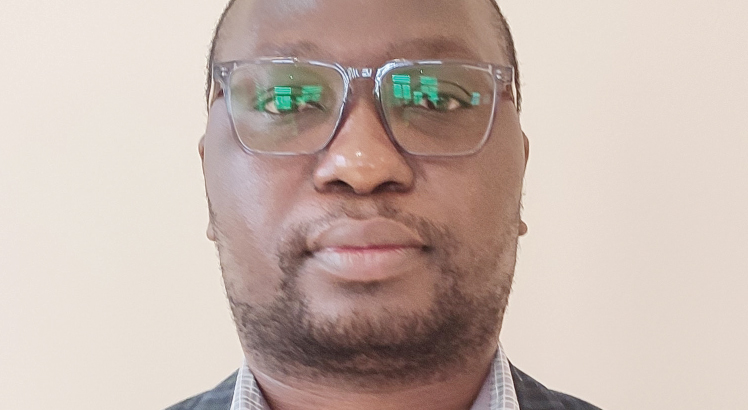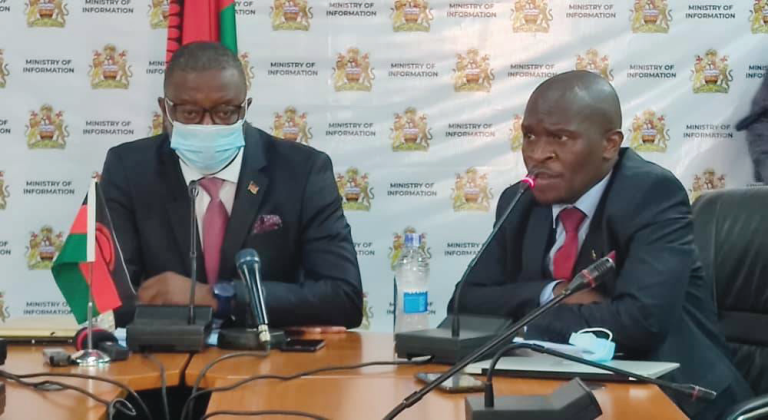Sometimes in April
“Look at the ‘abhorrent’ statue as a metaphor of the changing political faces of Bingu wa Mutharika. A man of the people in his first-term, he swiftly turned into the terror of many in his second,” Arnold Chachacha Munthali.
Like in the man’s life, the statue of Bingu wa Mutharika, our third president, erected this past week at Parliament Building is sparking debate.
Perhaps, no surprise for a man who told us his middle name was ‘Unpredictable’, but whose unpredictability philosophy left such a divisive legacy.
For once, he was a man of inherent contradictions. A man who worked hard to become the country’s president—failed miserably in first attempt, going into political hibernation and resurfaced as Comesa chief—only to return as a rank outsider selected to be torchbearer for a ruling party he had helped establish but had nothing to do with for close to a decade.
Once in office, he delivered two tenures so contrasting in achievement and popularity like day and night. In the first term, he gave us infrastructure development, economic stability, food security, fiscal discipline, fought corruption, and preached self-reliance.
To boast food security, he challenged the conventional thinking at home and in the international community and prevailed. To maximise on foreign resources, he boldly pivoted from ties with Taipei to Beijing.
Before his statue, his grand achievements were already, literally, cast in stone—the parliament building where the statue is hoisted, the nearby Kamuzu Mausoleum, Bingu International Convention Centre (Bicc), the Bingu National Stadium (BNS), Malawi University of Science and Technology (Must), Chitipa-Karonga Road, Ntchisi Road, Nkhoma-Kamphata Road, Rober t Mugabe Highway, new college of Medicine campuses, etcetera etcetera.
But then came his second term. After a resounding victory, the narrative and trajectory of his tenure changed. He presided over massive fuel and forex scarcity challenges that grounded the economy and a cocktail of bag governance that provoked regular street protests (some 20 protestors were gunned down to death on July 20 2011 during the most deadly of those protests), spats with the church, donors, civil society, media, and even the country’s neighbours.
Suddenly, the Machiavellian who was applauded for effectively mounting a coup on the ruling party by resigning from it to form the Democratic Progressive Party (DPP) to give the country a new lease of hope, was perceived as the caricature of executive arrogance and misrule. Those who once fought at Bingu’s corner as he wrestled against a majority opposition in his first-term and voted for him overwhelmingly in the 2009 elections after buying into his vision, felt betrayed.
The north, which once declared through a huge signpost at Jenda: “Welcome to the North, the home of DPP!” suddenly had to contend with Bingu’s rationale that quota system was a weapon against the region’s dominance of the education sector. Many people were aggrieved, one way or the other, culminating in his sad death when some people, even celebrated his death and those who loved him attempted to conceal his death.
But on the overall, as the pain of the last two years have subsided—a pain mainly shared by the minority urban educated population anyway, Bingu’s legacy is lesser divisive. Its telling that in the aftermath of news about the erecting of the statue, little has no grumbling about the cost—a whopping K160 million of taxpayers’ money. There has been little debate about whether Bingu deserves the statue or not. Or even whether its nepotism for his brother to be the authority to gift him the monument.
All that has been debated is the almost trivia question on whether the statue resembles Bingu or not. That, folks, is a big statement. It’s a statement of healing of the pain of the past and testament that the public accepts it as a universal truth that Bingu was a trailblazer— the kind of leadership this country needs.
And it’s a reminder to his predecessors in office and those who seek to emulate him: leave a lasting legacy. Bingu was hell-bent on becoming president of this country. When he accomplished that, he made sure he sold the country a clear vision of development and delivered, of course, before losing his way to remind us that he was only human. He died in April 2012 with an even more divisive aftermath but today, his incarnation stands at parliament to remind us about the achievements that are no longer up for debate. n





